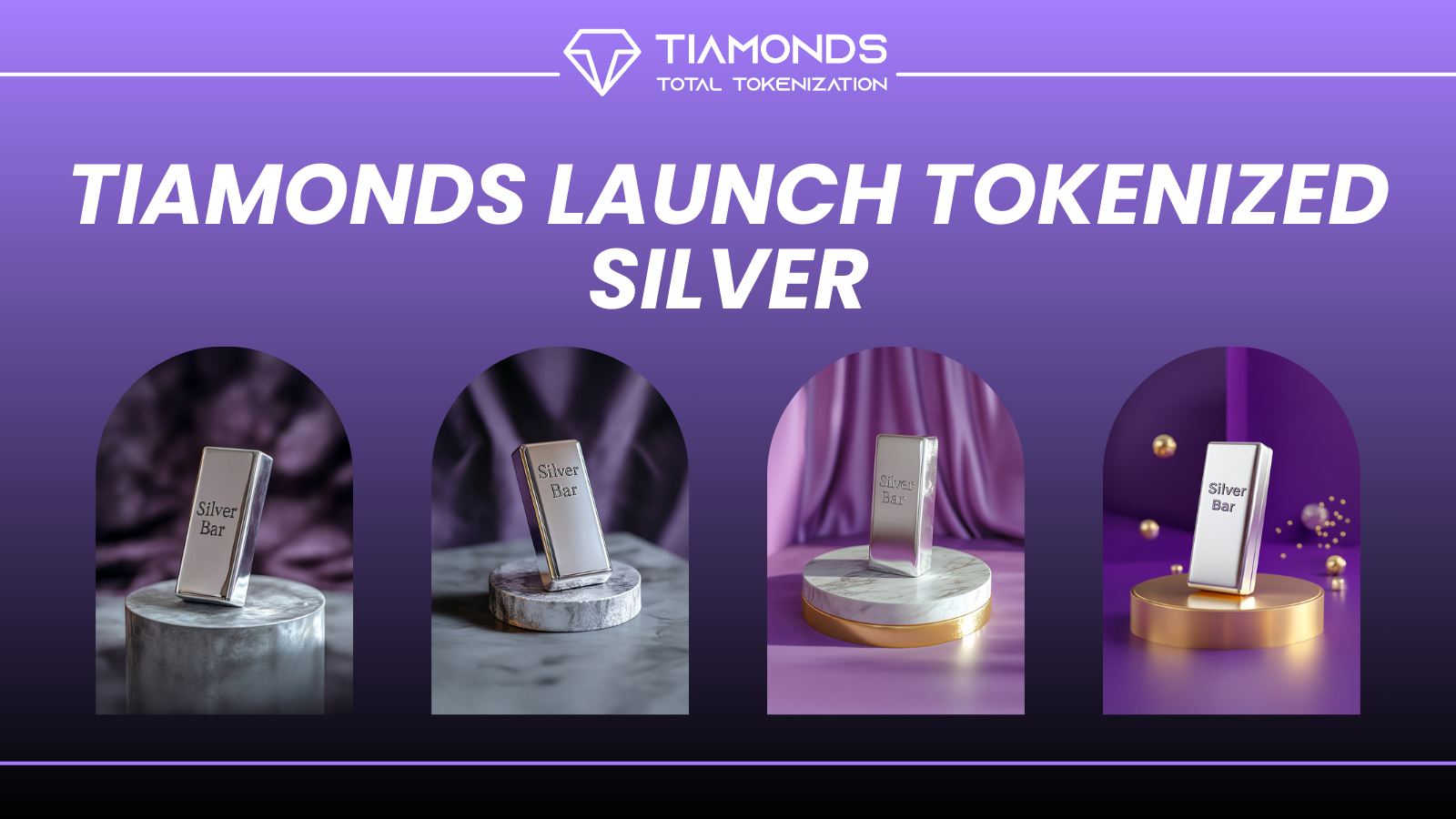Blockchain technology is driving an exponential transition in the financial sector. Tokenization, a highly promising development in this domain, facilitates the conversion of tangible assets into digital copies stored on a blockchain. This phenomenon presents a novel realm of investment prospects, thereby disrupting the established investment environment.
Since quite some time, tokenization has been a watchword in the financial industry. Blockchain technology has made it possible to tokenize and transact traditional assets like property, works of art, and securities on digital platforms. Tokenization facilitates fractional ownership of assets, thereby expanding the pool of potential investors who can participate in investment opportunities. This section will emphasize the advantages of making investments in tokenized assets while contrasting them with conventional assets.
Table of Contents:
ToggleTraditional Investments
For generations, conventional investment strategies have served as the foundation of wealth accumulation. They comprise a wide range of assets, which comprise:
Stocks: Units of ownership in companies that are publicly traded.
Bonds: Debt instruments issued by corporations or governments are known as bonds.
Mutual Funds: Professionals manage these mutual funds, which are portfolios of equities and bonds.
Real estate: It consists of physical properties such as land and structures.
Goods: Raw materials such as hydrocarbons, gold, and agricultural products are commodities.
Typically, centralized trading platforms like stock exchanges or brokerages execute these investments. Transactions involving traditional registries, which register ownership, can be time-consuming and cumbersome. Furthermore, high minimum investment quantities or geographical restrictions may impact the accessibility of particular investment opportunities.
Tokenized Assets
Tokenization utilizes blockchain technology, which records transactions in a secure distributed ledger system. This technology enables the generation of digital tokens that serve as representations of tangible asset ownership. Comparing these tokens to conventional investment approaches, the decentralized exchanges offer several advantages.
Principal Difference Between Conventional Investments and Tokenized Assets
The following are several significant distinctions between these two investment methodologies:
Liquidity
Leverage is one of the primary advantages of investing in tokenized assets. The lack of liquidity in traditional assets like real estate and artwork can prolong the selling process. On the other hand, investors can purchase and sell these tokenized assets more easily due to their exchangeability on digital platforms. On a digital platform, for instance, an investor can transfer certain amounts of their tokenized real estate investment with speed and simplicity.
Accessibility
Additionally, tokenization expands the accessibility of investment opportunities for investors. Investments in conventional assets, including real estate and artwork, demand substantial financial resources. Tokenization facilitates fractional ownership, enabling investors to retain ownership of the asset despite investing a lesser quantity of capital. This broadens the pool of potential investors to encompass individuals who might not have previously had access to such opportunities.
Transparency
Enhanced transparency is another benefit of tokenization in the investment process. Information regarding conventional assets may be challenging for investors to obtain due to their opaque nature. By creating a digital ledger of the asset, tokenization facilitates investor access to data regarding asset performance, ownership rights, and transaction history.
Efficiency
Additionally, tokenization improves the efficacy of the investment procedure. Contracts involving traditional assets necessitate an abundance of documentation and the services of facilitators such as brokers and attorneys. By eliminating the need for middle men, tokenization expedites and improves the efficiency of the investment process.
Tokenization offers a multitude of advantages in comparison to conventional assets. Among the numerous advantages of investing in tokenized assets are enhanced efficiency, accessibility, transparency, and liquidity. As more assets become tokenized, we can expect an increase in the financial sector’s adoption of tokenization.
Benefits of Tokenized Assets
Increased Liquidity
An important benefit provided by tokenized assets is the increased level of liquidity they exhibit. Tokenization transforms traditionally illiquid assets, including fine art and real estate, into digital formats that permit fractional ownership and the purchase and sale of smaller portions by investors. This opens up investment opportunities to a wider spectrum of individuals, including those who might not have previously had access to such assets.
Worldwide Accessibility
Tokenized assets transcend national boundaries through the provision of an international trading marketplace. Investors from various global locations can access and trade these digital assets, thereby promoting increased accessibility and democratization of investment prospects.
Fractional Ownership
Tokenization facilitates fractional ownership, which enables the subdivision of sizable assets into more manageable units. This reduces their cost and expands their accessibility to a wider spectrum of investors. Tokenization of a high-value property into multiple tokens, for instance, enables investors to acquire fractional interests in the asset as opposed to the entire property.
Enhanced Transparency
The foundation of tokenized assets, blockchain technology, which guarantees the immutability and transparency of transaction records. The blockchain logs each transaction and transfer, furnishing an auditable and tamper-resistant record of ownership. This transparency reduces the likelihood of fraudulent activities and fosters investor confidence.
Greater Productivity
The process of asset ownership and transfers is streamlined through tokenization, which eliminates intermediaries and reduces administrative burdens. The integration of smart contracts into the tokens automates procedures such as dividend distribution, asset management, and voting rights, thereby enhancing operational effectiveness and reducing expenses.
Financial Stability Implications of Tokenizations
The low single-digit billion value of tokenized markets as a whole is negligible in comparison to crypto-asset markets and the conventional financial system; therefore, it does not pose a significant threat to financial stability. Nevertheless, the increasing number and magnitude of tokenizations could potentially compromise the integrity of crypto asset markets and introduce susceptibilities to the conventional financial system’s stability.
Through tokenization redemption mechanisms, tokenization establishes interconnections between the traditional financial system and the digital asset ecosystem, which are the principal more stable economic stability impacts of tokenization.
At an adequate magnitude, a fire-sale of tokenized assets could potentially have a ripple effect on conventional financial markets. This is due to the fact that price dislocations in cryptocurrency markets incentivize market participants to purchase the token, exchange it for the reference asset it represents, and subsequently dispose that one. Consequently, tokenizations may facilitate the transmission of a disturbance from cryptocurrency markets to the market for the underlying assets of crypto tokens.
To Conclude
Asset tokenization appears as an influential force amid the conflict of tradition and innovation, thereby creating opportunities that are accessible to a wide array of investors. Reducing entry barriers, increasing liquidity, and improving accessibility redefine how we interact with investments. Whether you choose tokenized assets or traditional investments ultimately depends on your risk capacity and investment objectives.




